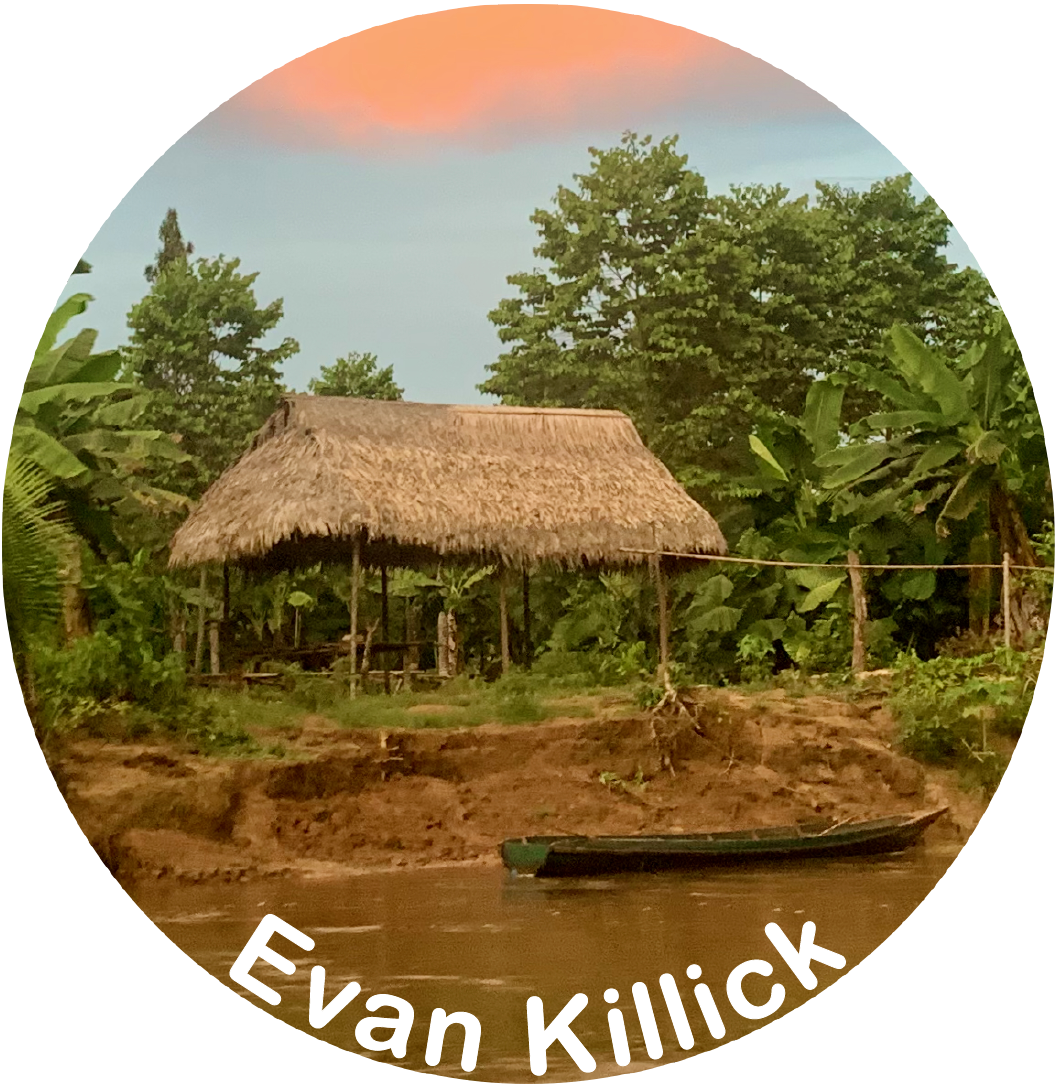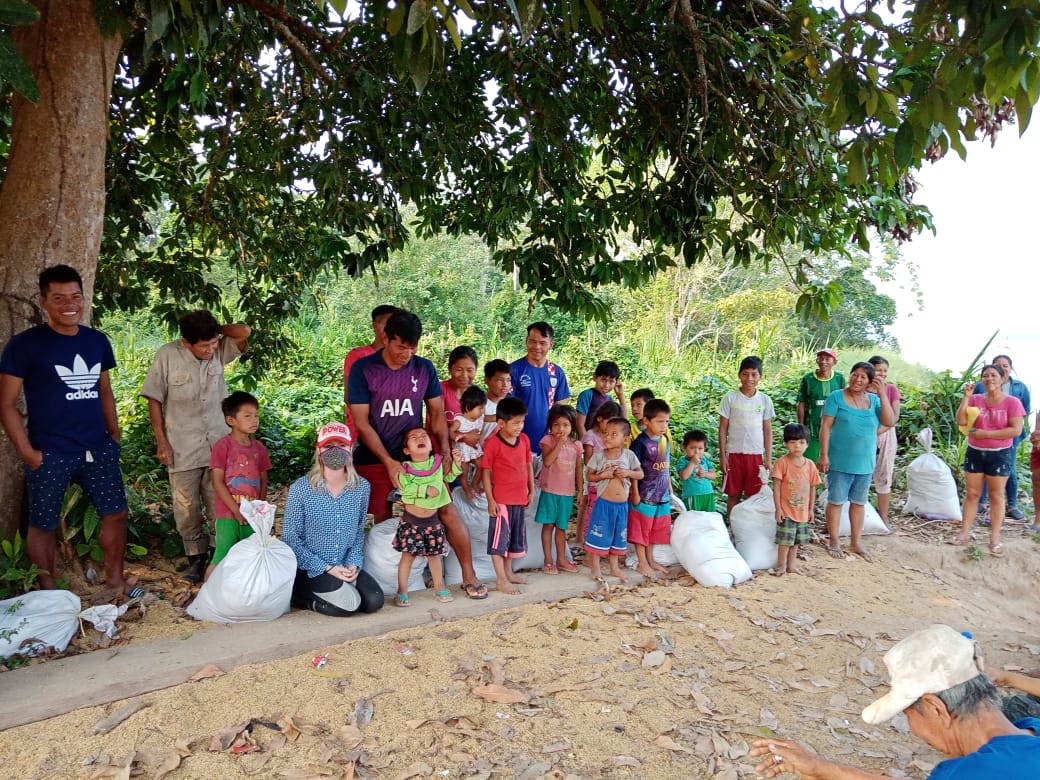
Environmental Justice in Peru and Brazil
This aspect of my work has grown organically out of my academic networks in the UK and Latin America and is about finding ways to support Indigenous students and activists as they confront the many environmental and indigenous rights violations occurring in their communities.
The work is ongoing and multifaceted but from January 2020 – December 2022 specific activities have been funded through the Sussex Sustainability Research Programme. The overall aim of the project, Indigenous Visions for Rights Based Approaches to Sustainability, was to explore the collective experiences of Indigenous communities faced with human rights violations that emerge out of projects and policies that claim to foster ‘economic development’, support and amplify their voices and build pathways for their integration into national policy discussions and rights-based approaches to sustainable development.
The approach and activities were impacted greatly by the COVID-19 pandemic which meant that plans for bringing Peruvian and Brazilian students and activists together could not be fulfilled. It also meant that the focus of much of the work turned to the immediate impacts of the pandemic itself. However, the fact that the work was founded on partnerships with local academics and indigenous peoples meant that it could continue even in the face of the various local, national and international travel restrictions.
Peru
Led by Dr. Aoife Bennett who was then based at UNIA (National Intercultural University of Amazonia) and supported by Milagros Toala, the project included extensive virtual research during the pandemic, including producing a database of relevant materials, fieldnotes from webinars and social media interactions that were made available to local Indigenous activists and helped support their response to the pandemic. The team also actively supported local indigenous movements that were promoting intercultural medicine and providing pandemic responses in the absence of the State.
After quarantine restrictions were lifted field trips were undertaken by Dr. Bennett, Ms. Toala and local indigenous leaders in regions severely affected by the pandemic, this was partly to record the impacts of both the pandemic and the nationally imposed lockdown but also provided medical and food supplies to communities in need.
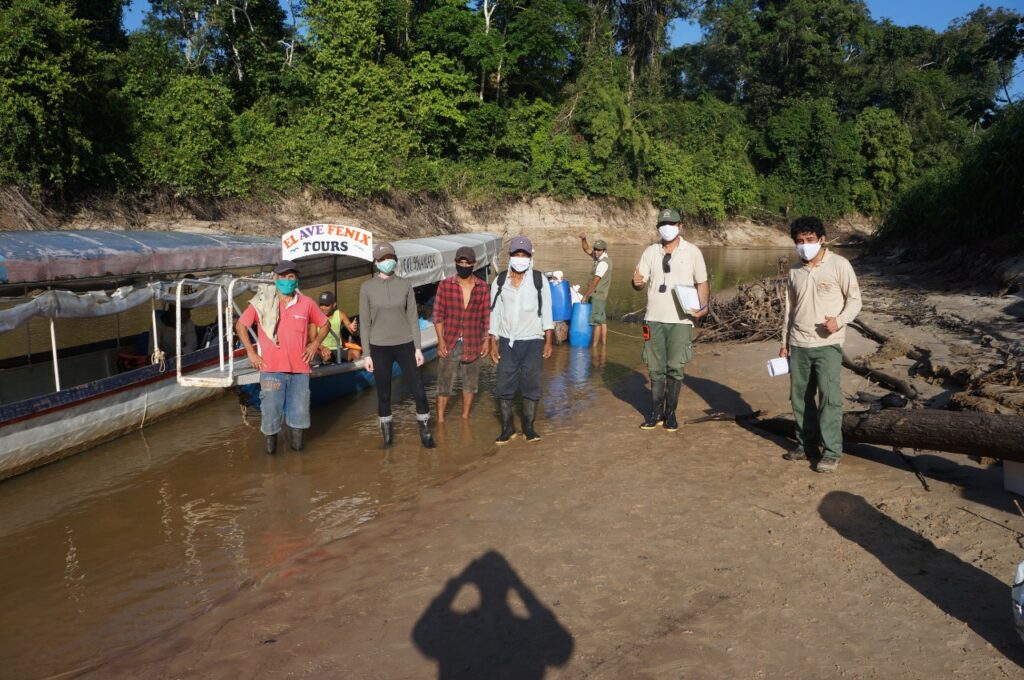
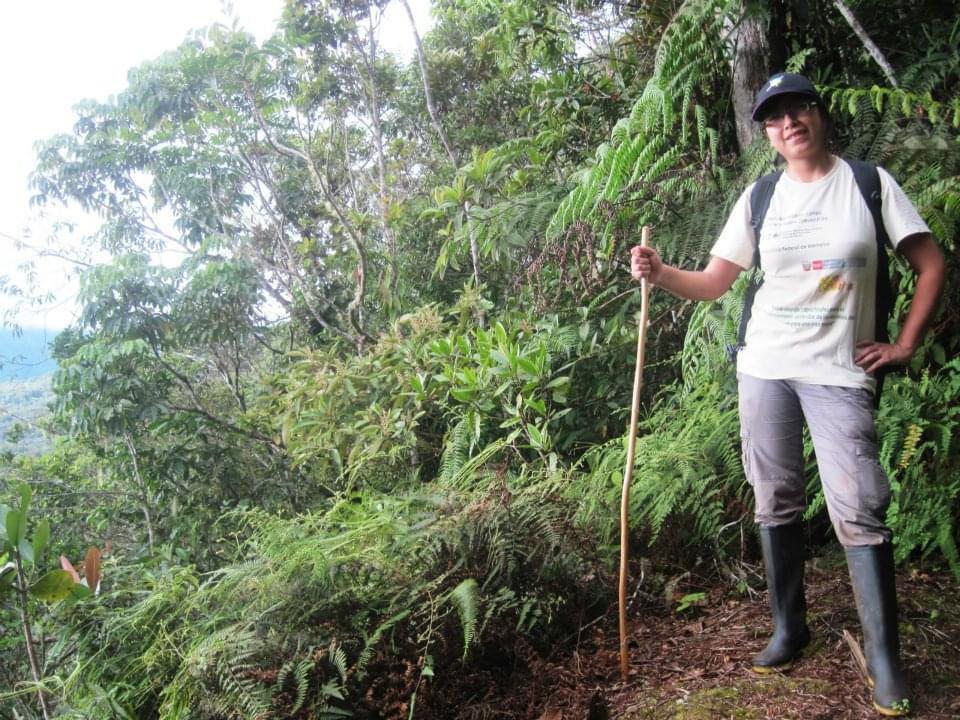
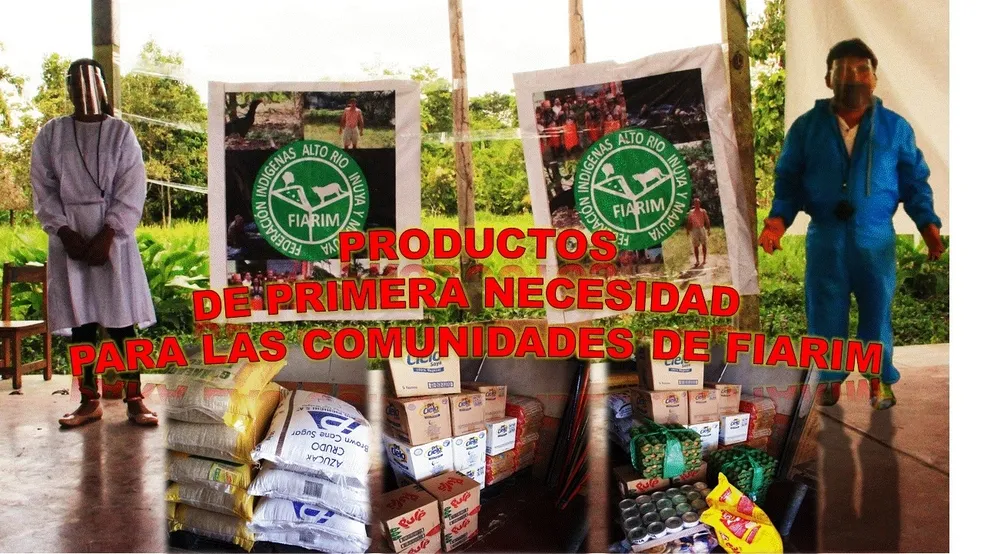
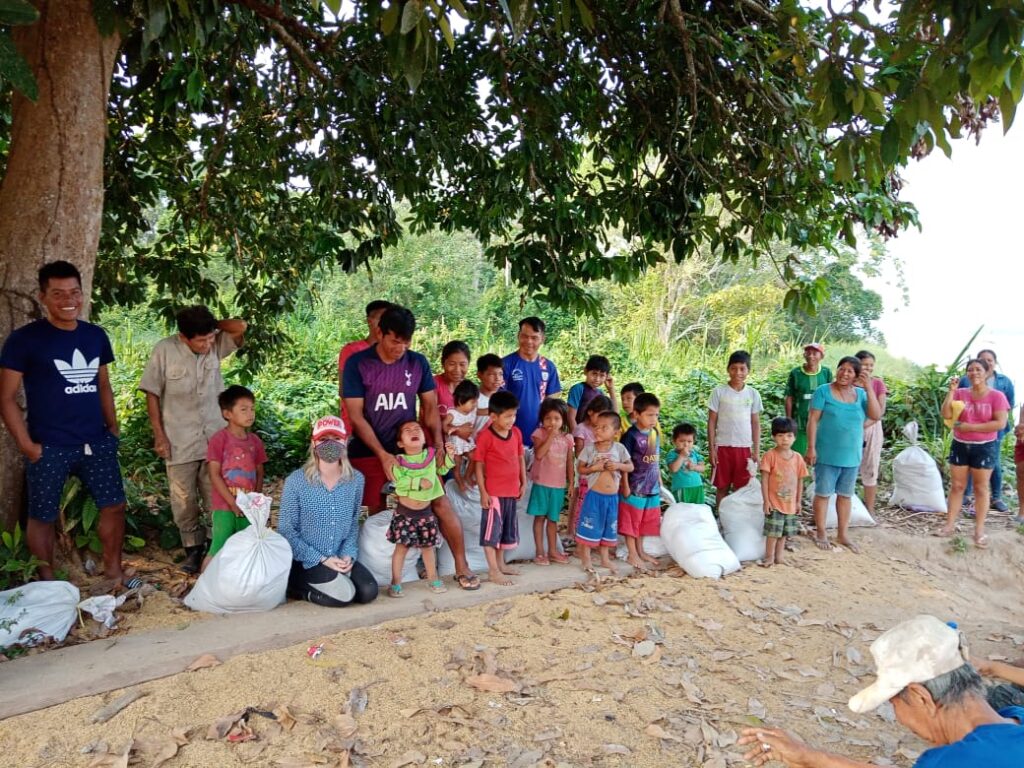
As Peru’s pandemic restrictions were lifted the projects’ capacity development activities progressed. Focused on research methodologies for Indigenous students, training sessions were run on GIS and drone use alongside collaborative workshops focused on co-developing hybrid research methodologies. As a result of this training ten students gained official certification from Peru’s National Council of Science, Technology and Technological Innovation (CONCYTEC) for responsible conduct in research and six then went on to win scholarships to fund their research for their theses.
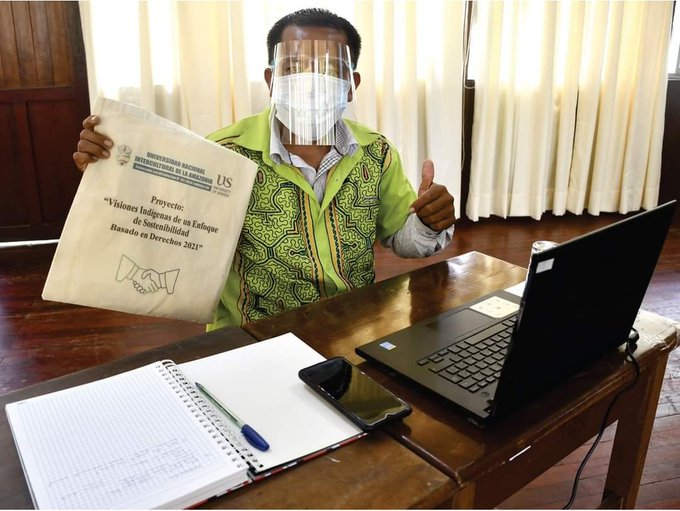
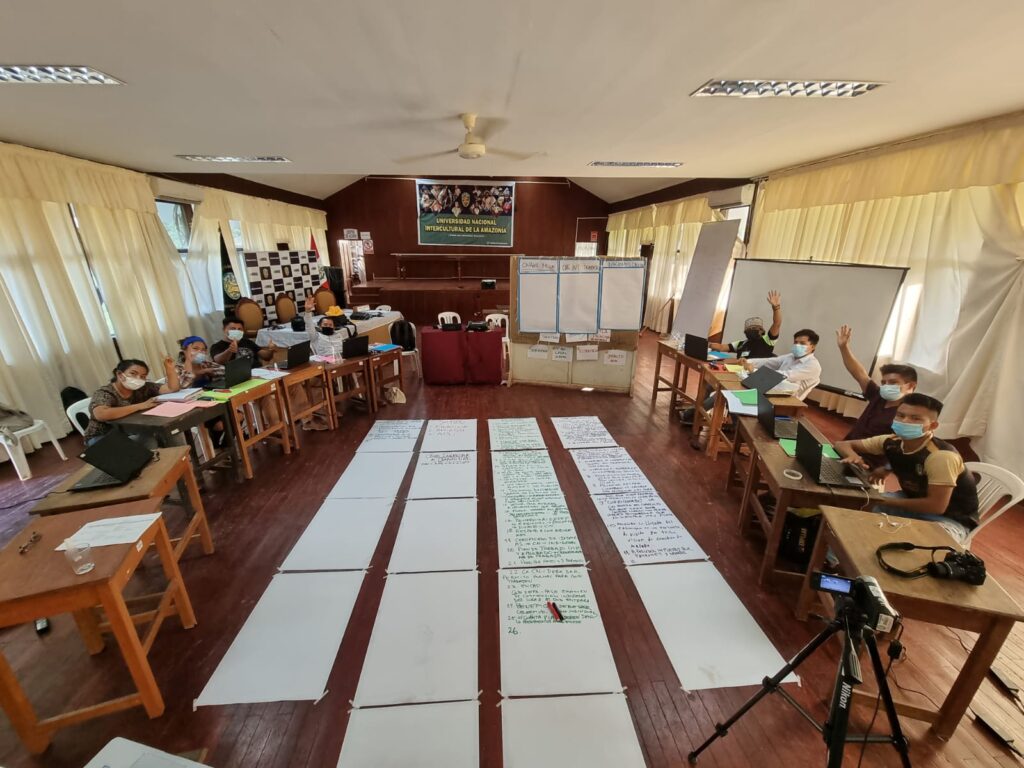
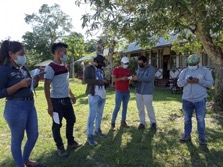
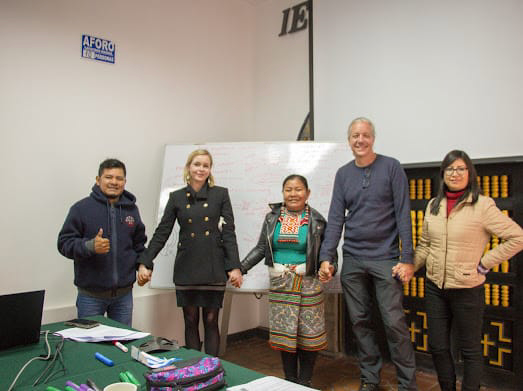
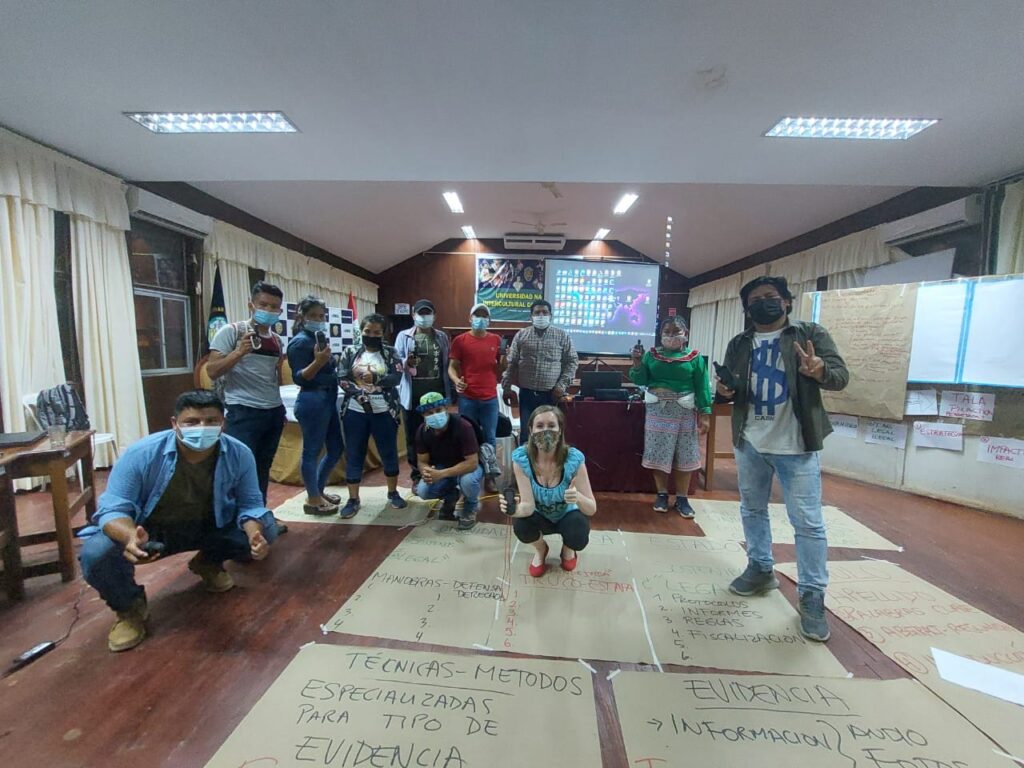
Brazil
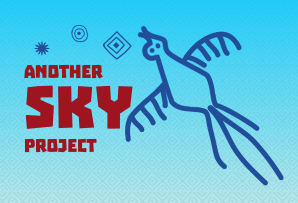
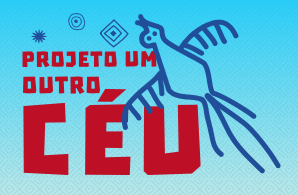
Led by Dr. Mary Menton in collaboration with Felipe Milanez at UFBA (Federal University of Bahia) the work in Brazil centred on supporting the Um Outro Céu (Another Sky) project; mapping Indigenous Rights Abuses in Northeast Brazil and in south and southeast Pará and supporting Indigenous Peoples to produce art and films in response to these times of pandemic and conflict.
KIN – THE HOPE OF THE WORLD
Publications
Toala, Milagros; Aoife Bennett & Mary Menton. 2020. COVID-19 como camuflaje para la depredación del acceso a la información, participación pública y justicia socio-ambiental en la selva peruana. Boletín del Grupo de Trabajo Ecología(s) política(s) desde el Sur/Abya-Yala. 2020/1. Pp.95-101.
Montag, D., et al. (incl A. Bennett & J.P. Sarmiento Barletti). 2021. Healthcare of Indigenous Amazonian Peoples in response to COVID-19: marginality, discrimination and revaluation of ancestral knowledge in Ucayali, Peru. BMJ Global Health, 6(1): 10-13.
